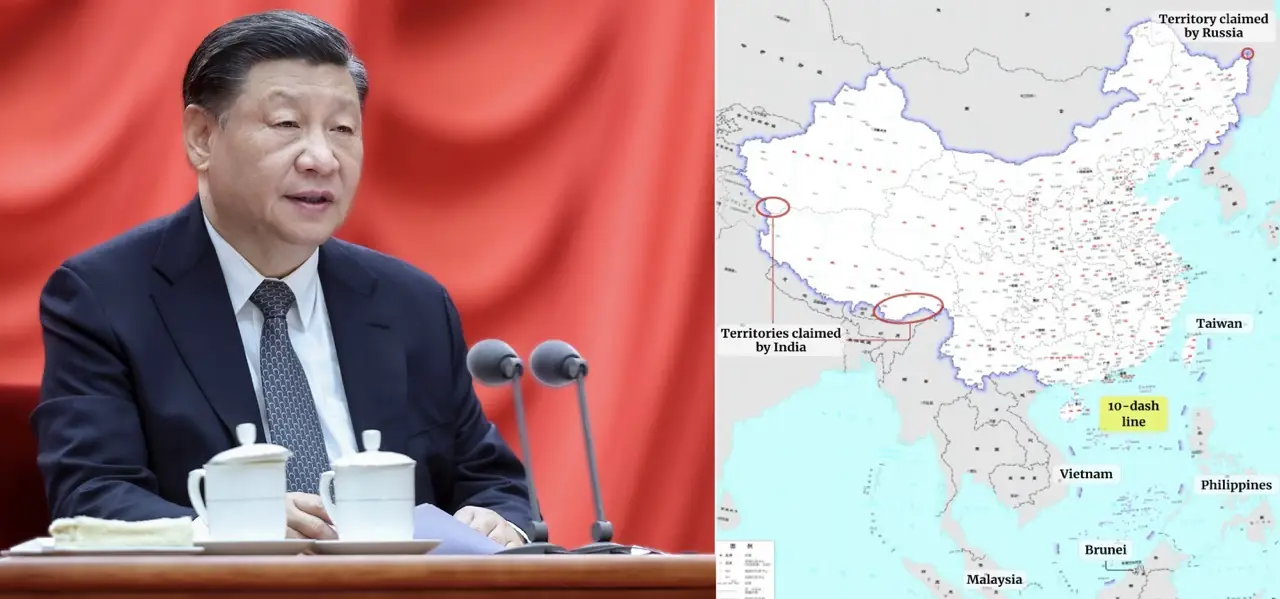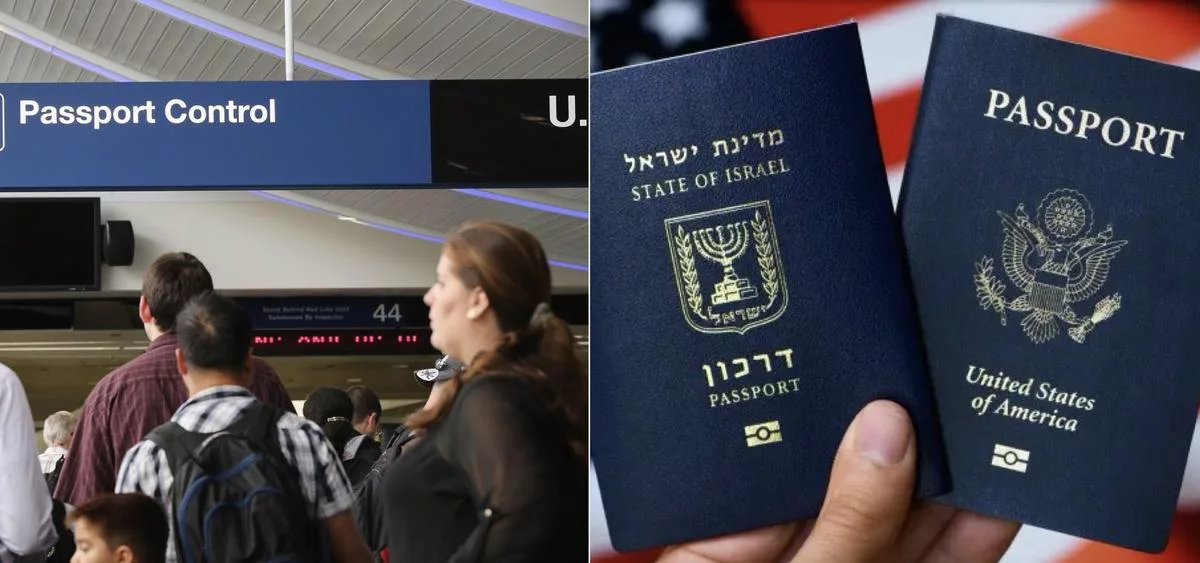Territorial Claims and Tensions Emerge as China Publishes Updated National Map, Philippines, India, Malaysia, Manila and Taiwan Express Concerns

Credit: Google | China’s Revised National Map | Xi Jinping
China’s recent release of an updated national map has triggered objections and concerns from its neighboring countries, escalating territorial disputes and geopolitical tensions. The Philippines, Malaysia, and India have all issued strong statements, accusing China of making unwarranted claims on their territories.
Controversy over China's new map rages on
— WION (@WIONews) August 31, 2023
What exactly is the controversy?@SaroyaHem tells you
Watch more: https://t.co/AXC5qRuO3J pic.twitter.com/qjWPHJ245D
The new version of China’s national map, a routine practice since 2006, has sparked a series of diplomatic reactions. The Philippines rejected the map due to the inclusion of a dashed line encircling contested areas in the South China Sea. This line contradicts a 2016 international tribunal ruling favoring Manila’s stance. The Philippines Foreign Affairs department firmly stated that China’s assertions have no basis in international law. India swiftly followed suit, lodging a “strong protest” against the map’s depiction of Indian territory.
The inclusion of Arunachal Pradesh and the disputed Aksai Chin plateau within Chinese boundaries drew fierce condemnation. India’s Foreign Secretary emphasized the lack of credibility behind these claims.
Malaysia, too, rebuked China’s unilateral assertions, reaffirming its position of rejecting any foreign sovereignty claims over its maritime features. Despite the criticisms, China’s Foreign Ministry spokesperson brushed off the objections, describing the revisions as a legitimate exercise of sovereignty.
These disputes come at a time when Sino-Indian relations appear to be improving, following talks between Prime Minister Narendra Modi and Chinese President Xi Jinping. However, experts caution that the progress may not be as steady as it seems, given the complex history of border issues between the two countries.
China’s ambitions for global influence, under President Xi Jinping’s leadership, have led to a more assertive foreign policy, contributing to tensions across Asia. While the disputes seem to focus on territorial boundaries, they underscore broader geopolitical rivalries. India’s opposition parties have criticized Modi’s handling of the situation, calling for stronger action against China’s claims.
As nationalism surges in both countries, India’s strategic alignment with the United States and other regional powers has intensified. The Quadrilateral Security Dialogue, comprising Japan, the US, India, and Australia, is seen as a counterbalance to China’s influence.
In a climate of uncertainty, the clashes of sovereignty and assertions of territorial integrity highlight the complex dynamics between China and its neighbors. As these tensions persist, the world watches closely for any shifts in the delicate geopolitical balance.
RELATED NEWS
WEB STORIES FOR YOU
Stay connected with Today On Globe for the latest Global Issues and News Updates.
Explore more related articles at [TOG News / TOG Article]























